Fertile Fields = Cleaner Water
LEARN MORE - Saturday, June 7th, 2025 at Prairie Grove Battlefield State Park
Water quality Workshop
The Benefits of Testing Your Soil
Soil testing can be a transformative tool to improve your lands productivity. It is likely the most important tool in the toolbox of nutrient management because it can guide precise nutrient applications. When applied in the right amounts, added nutrients sustain healthy plant growth. When added in excess, they can significantly contribute to nutrient runoff and lead to water quality impairments. Utilizing soil testing to guide nutrient application can leading to improved water quality in surrounding ecosystems. This free practice supports healthy agricultural operations and the protection of natural resources.
How is soil health linked to water quality?
The physical, chemical, and biological properties of soil play a critical role in how water is absorbed, stored, and moves across the landscape, making healthy soil a cornerstone of effective water management. By testing soil to identify specific deficiencies or excesses, we can better address the land’s resource needs and support property owners in achieving their land management goals.
How will testing my soil help me improve my lands productivity?
Soil testing provides an important decision-making tool that can aid landowners when determining what key nutrients to apply and how much. Reducing unnecessary inputs on production can help a growing season go from breaking even to turning a profit!
I raise livestock, will soil sampling benefit my operation?
By monitoring their soils, landowners can take action to improve the nutrient value of available forages in their pasture for their livestock. It is important to remember that forage quality is just as important as quantity, and it can be greatly affected by soil management practices like Rotational Grazing.
I am a hay producer, can soil sampling help me increase my yield?
Soil that has effective nutrient management has the potential for higher yielding and higher quality crops, and that applies to hay production. You can test for Total Nitrogen, it is included in basic soil tests, and it can be an indicator for plant’s dry matter (DM) production, which greatly influences hay yields. With this information on your soil fertility you can avoid over-spending on fertilizer which can be a significant cost when producing hay.
Can improving my properties soil health prevent erosion on my streambank?
Soil with a dense root system and high in organic matter can be resilient against erosion. The photo on the left shows a streambank that has minimal plant coverage, leading to its rapid erosion that cleaves clumps of soil off the property with each flood event. Growing a vegetated riparian buffer can help you keep your streambank intact!
Visit the Streambank Erosion and Restoration webpage to read about the Streambank Erosion Sites and Analysis Report conducted in the Illinois River Watershed in 2020.
Visit the Riparian Buffer webpage to learn more about the conservation practices that can support your streambanks against further erosion.
How Do I Test My Soils?
In Arkansas, routine soil testing is done free of charge provided the soil is from Arkansas and the person submitting the sample is an Arkansas resident. The Fertilizer Tonnage Fee has supported soil testing services and enforcement of fertilizer laws in Arkansas since 1953 and provides free routine testing of soil at the Marianna Laboratory. Routine soil analysis includes measurement of soil water pH and extraction of plant available nutrients using the Mehlich-3 extraction method.
For information on how to collect and submit a soil sample, please go to How to Submit Soil Samples page.
If you want guidance from the local Soil Testing and Research Laboratory you can
Call 870-295-2851
Email soiltest@uark.edu
What do I need to do to test my soil?
Here is the equipment needed to take soil samples:
soil core sampler
a tub for mixing subsamples
and a container to turn in your sample
Check with your lab of choice or extension office regarding amount of soil needed and packaging.
A soil core can be collected professionally to determine texture, bulk density, and thorough chemical analysis. Here is an example of soil sampling with a Giddings hydraulic sampler by Robert Rhein at the University of Arkansas Division of Agriculture.
Here is a Soil Collection Tutorial Video.
Here is a typical soil profile of soil collected in Western Washington County (depth 24 inches)
Is there an event that will provide more information and resources on this topic?
Yes! If this topic interests you, please consider attending the Water Quality Field Tour at the Prairie Grove Battlefield State Park on June 7th, 2025. We will connect you with Washington County local extension service agents to gain hands-on knowledge and assistance that can help you implement conservation practices on your property.
You’ll also have the opportunity to see a healthy riparian buffer along the Illinois River and engage with local producers who are implementing Best Management Practices to enhance water quality throughout the watershed.
If you are interested in addressing your natural resource concerns on your property, please visit our Landowner Services page to learn how we can provide the technical assistance and resources to support your efforts.
Sarah Alvey | Program Coordinator | sarah@irwp.org










